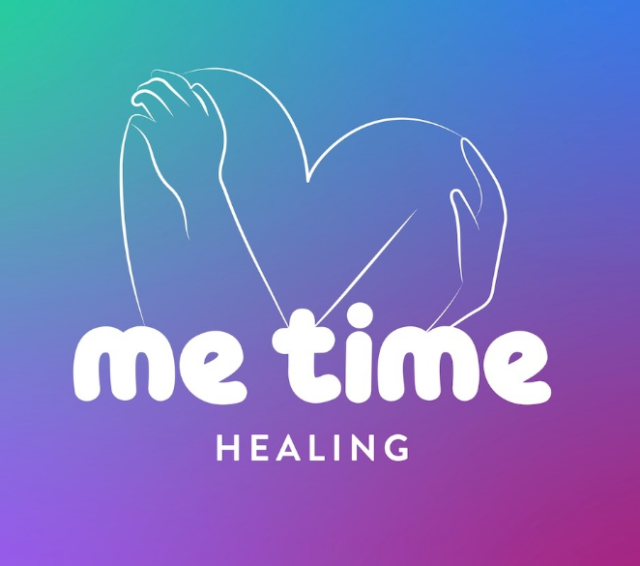
More Mental Health Articles
Finding Balance and Healing with MeTime

FOMO (Fear of missing out)
FOMO, or the fear of missing out, has become a prevalent phenomenon in today’s society. With the rise of social media and constant connectivity, people are constantly bombarded with images and updates of others’ lives, leading to a fear that they are missing out on something important or exciting.
Social media platforms like Facebook, Instagram, Twitter, and Snapchat provide users with constant updates and glimpses into the lives of others. This constant exposure to the activities, events, and experiences of others can trigger feelings of anxiety, envy, and inadequacy in individuals who fear missing out on something exciting or important. Social media platforms often showcase the highlights of people’s lives, such as vacations, parties, achievements, and social gatherings. Seeing these curated and idealized versions of others’ lives can create a sense of pressure to keep up, leading to FOMO. People may feel compelled to attend every event, try every new trend, or constantly be connected to their social media feeds to avoid feeling left out.

Video game addiction can also lead to FOMO as individuals may feel anxious or fearful of missing out on in-game events, rewards, or social interactions with other players. This can create a strong compulsion to constantly play and stay connected to the gaming world, even at the expense of other activities or responsibilities.
Seeing others achievements, progress, or social interactions in games can trigger feelings of inadequacy or the fear of being left behind, leading to an increased desire to play and keep up.
Both video game addiction and FOMO can have negative impacts on mental health, including increased levels of stress, anxiety, and social isolation. It is important for individuals to be aware of these potential risks and to establish healthy boundaries and habits when it comes to gaming and social media use.
It can be helpful to:
1. Set limits on gaming time and establish a healthy balance between gaming and other activities.
2. Practice self-care and engage in offline activities that bring joy and fulfillment.
3. Seek support from friends, family, or mental health professionals if addiction or FOMO becomes overwhelming.
4. Practice mindfulness and self-reflection to understand the underlying motivations and triggers for excessive gaming or FOMO.
5. Consider taking breaks from social media or gaming to reduce exposure to triggers and to focus on personal well-being.
It is important to remember that everyone’s experience with video game addiction and FOMO is unique, and seeking professional help may be necessary for some individuals.
MeTime Healing platform provide a space for individuals to disconnect, recharge, and prioritize their own well-being. By embracing JOMO (Joy of missing out) and finding joy in missing out, individuals can find healing, personal growth, and a sense of balance in their lives.
Other Articles You May Find of Interest...
- What is High Functioning Anxiety?
- The Promise of Spravato: Revolutionizing Depression Treatment
- What is OCD? Signs and Treatments
- Mindful Recovery: Incorporating Mental Health in Addiction Treatment
- Affordable Therapy for All: ‘Gonna Be Ok’ Makes Mental Health Support Accessible
- The Challenges of Being an LGBTQ+ Parent
- Embracing Healing: Navigating the Emotional and Physical Journey of Mastectomy Recovery

















